Get ready for a delicious adventure with our list of 100 foods that start with the letter E! From everyday favorites like eggs and eggplant to unique and international dishes like edamame, enchiladas, and escargot, this guide is packed with flavorful inspiration. Whether you’re a curious foodie, planning an alphabet-themed menu, or just want to learn about new ingredients, there’s something here for everyone.
This fun and educational list covers a wide range of fruits, vegetables, snacks, and global meals that begin with the letter E. Explore new flavors, discover cultural favorites, and find exciting ideas to spice up your next meal. Dive into the world of foods that start with E and bring fresh creativity to your kitchen!
1. Eclair

2. Edam cheese
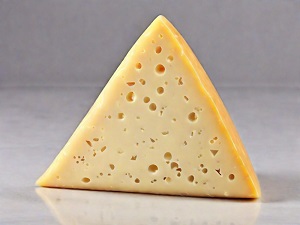
3. Edamame

4. Edible flowers

5. Edible gold

Edible gold is a type of gold leaf or gold flakes that is specially processed to be safe for consumption. It is used to add a touch of luxury and elegance to food and drinks, often featured in gourmet desserts, cocktails, and high-end chocolates. Edible gold has no significant taste but provides a stunning visual appeal with its shiny, metallic appearance. People love edible gold for its ability to elevate dishes, turning an ordinary meal into a fancy and extravagant experience. It is often used on special occasions or in fine dining, making dishes feel more exclusive and celebratory.
6. Eel

Eel is a type of fish known for its long, slender body and smooth, slippery texture. There are several types of eel, but the most common for eating are saltwater eels like unagi (freshwater eel) and anago (sea eel), which are popular in Japanese cuisine. Eel is often grilled, marinated, or used in sushi, and it’s known for its rich, smoky flavor. It is usually served with a sweet and savory teriyaki sauce or soy-based glaze. People love eel for its tender texture and deliciously unique taste. It’s also a great source of omega-3 fatty acids and protein, making it a healthy and flavorful addition to meals.
7. Egg butter

8. Egg cream (beverage)
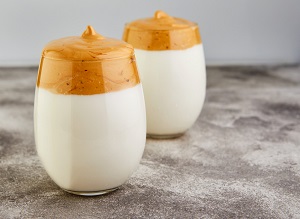
9. Egg cream soda

10. Egg curry
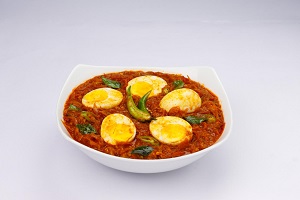
11. Egg custard

12. Egg drop soup

13. Egg fried rice
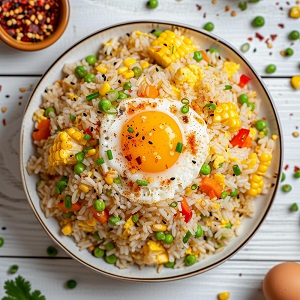
14. Egg noodles
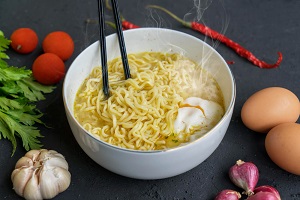
15. Egg roll

16. Egg salad
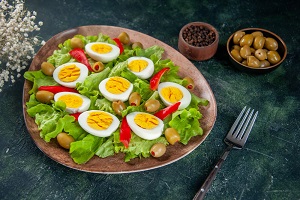
17. Egg tart
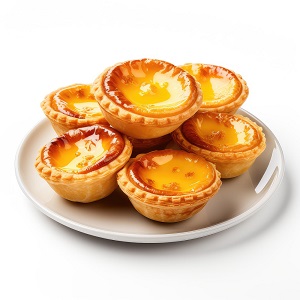
18. Eggfruit
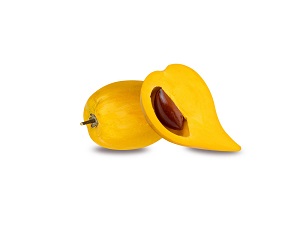
19. Eggfruit smoothie

20. Eggnog

21. Eggnog latte

An eggnog latte is a seasonal coffee drink that combines the rich, creamy flavor of eggnog with espresso and steamed milk. It’s typically enjoyed during the holiday season and is often spiced with cinnamon or nutmeg to enhance its cozy, festive taste. The smooth, slightly sweet flavor of eggnog pairs perfectly with the bold, robust flavor of coffee, making it a comforting treat for cold weather. People love eggnog lattes for their creamy texture, warmth, and festive feel, making them a favorite holiday indulgence for coffee lovers.
22. Eggo waffles

23. Eggplant
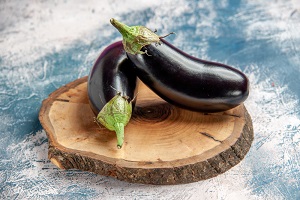
24. Eggplant caviar
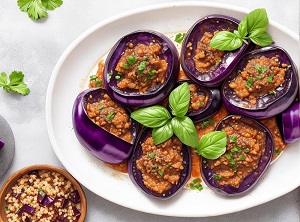
25. Eggplant parmesan
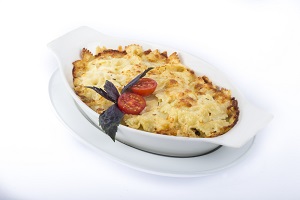
26. Eggplant rollatini
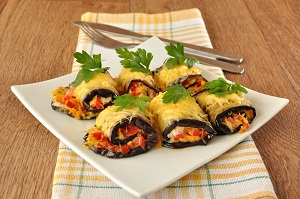
27. Eggs

28. Egregio (cheese)
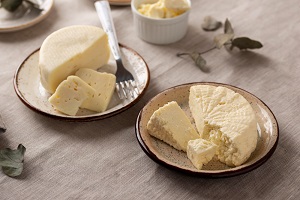
Egregio is a type of Italian cheese made from cow’s milk. Known for its firm, smooth texture and mild, nutty flavor, it is often aged for several months to develop a deeper taste. This cheese is commonly used in cooking, grated over pasta, or served as part of a cheese platter. Egregio is made in regions of Italy where traditional cheese-making techniques are highly valued. People love Egregio for its versatility, as it pairs well with both savory dishes and light snacks. It’s a great option for those who appreciate a mild, slightly tangy cheese with a creamy texture.
29. Egusi (melon seeds used in West African cooking)

Egusi refers to the seeds of a variety of melon native to West Africa, often from the Citrullus lanatus plant. These seeds are typically harvested, dried, and ground into a powder, which is then used as a key ingredient in many West African dishes, particularly soups and stews. The ground egusi seeds have a rich, nutty flavor and are high in protein and healthy fats. One of the most popular dishes made with egusi is egusi soup, which is enjoyed with fufu or rice. People love egusi for its versatility and ability to thicken and add flavor to dishes, as well as its nutritional value, making it an important part of the diet in Nigeria, Ghana, and other West African countries.
30. Egyptian lentils
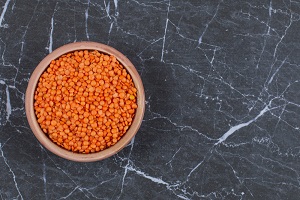
Egyptian lentils, also known as Mujadara lentils, are a variety of brown lentils commonly used in Middle Eastern and Egyptian cuisine. These lentils are known for their rich, earthy flavor and are typically cooked with rice, onions, and spices like cumin and coriander. The dish is often served with a side of yogurt or salads for added freshness. Egyptian lentils are a good source of protein, fiber, and iron, making them a nutritious and satisfying meal. People love Egyptian lentils for their versatility, as they can be used in soups, stews, or served as a side dish, providing a hearty, healthy option for vegetarians and meat-eaters alike.
31. Einkorn wheat
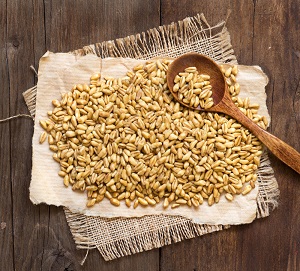
Einkorn wheat is one of the oldest cultivated grains, known for its nutty flavor and rich nutritional profile. It has a distinctive yellowish hue and is considered a type of ancient wheat, predating modern wheat varieties. Einkorn contains more protein, fiber, and minerals like iron and zinc compared to regular wheat. It’s often used in breads, pasta, and baked goods, offering a hearty, slightly sweet taste. People love einkorn wheat for its health benefits, especially for those seeking alternatives to modern wheat due to its lower gluten content, making it easier to digest. It’s a great choice for anyone looking to incorporate ancient grains into their diet for a more nutritious and flavorful option.
32. Eisbein (German pork knuckle)

33. Eiswein (ice wine)

34. Elbow macaroni

35. Elbow pasta

36. Elderberry
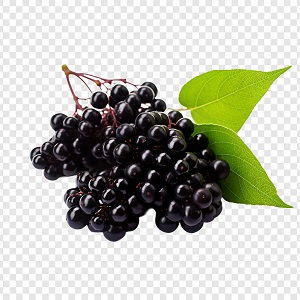
37. Elderberry pie

38. Elderberry syrup

39. Elderflower cordial

40. Elephant ear (pastry)

41. Elephant garlic
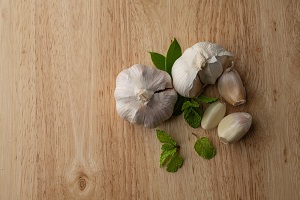
42. Elk

43. Elk jerky
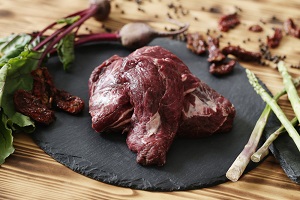
44. Elk roast
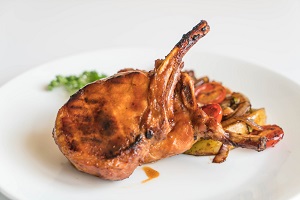
45. Elk sausage

46. Elote (Mexican street corn)
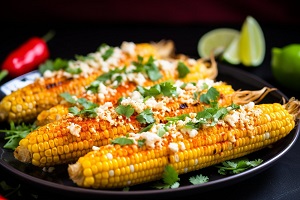
47. Elvers (baby eels)
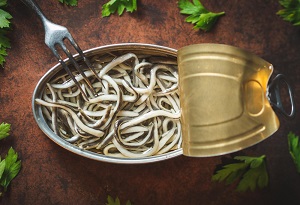
48. Emmental cheese

49. Emmer (type of wheat)
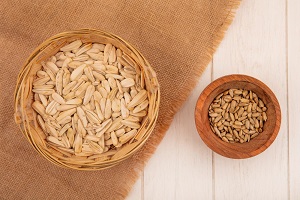
50. Empadinhas (Brazilian pastry)

51. Empanada

52. Emu

53. Emu apple

54. Enchilada

55. Enchilada sauce
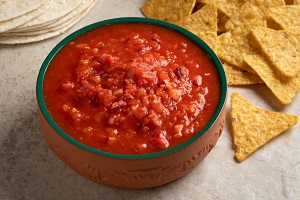
56. Enchilado cheese
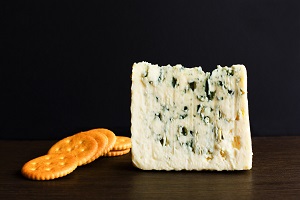
57. Endive
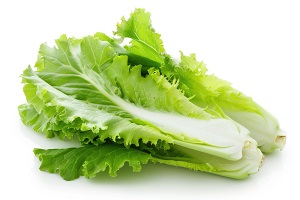
58. Endive au gratin
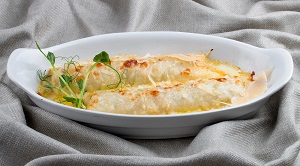
59. Endive salad
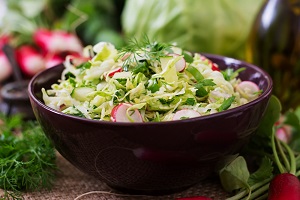
60. Energy bars
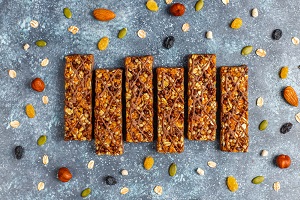
61. English ale
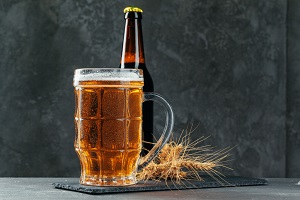
62. English breakfast

63. English cheddar
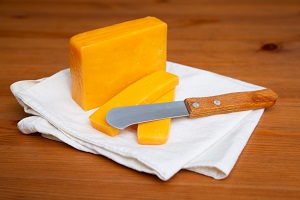
64. English muffin

65. English peas

66. English sole

67. English tea

68. English toffee
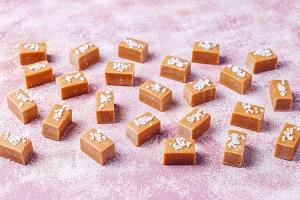
69. Enoki mushrooms
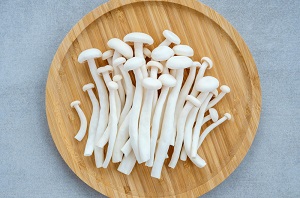
70. Ensaimada (Spanish pastry)

71. Entenmann’s cakes

72. Entrecote
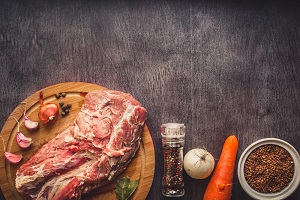
73. Entrée
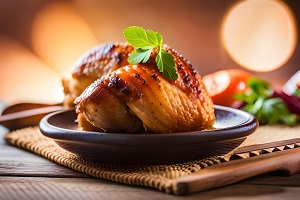
74. Epazote (Mexican herb)
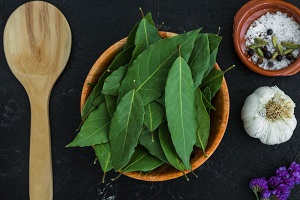
75. Epinards (French for spinach)
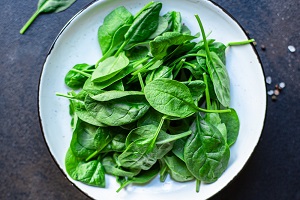
76. Epoisses cheese
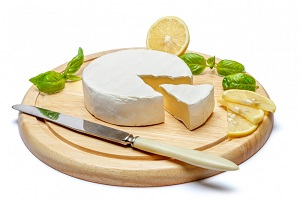
77. Erbazzone (Italian spinach pie)
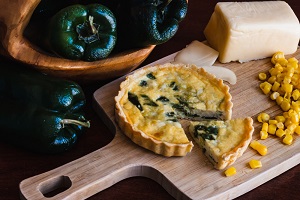
78. Eryngii mushroom
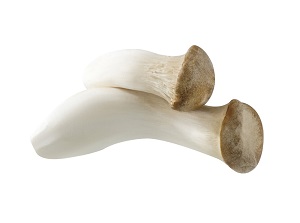
79. Escabeche

80. Escargot
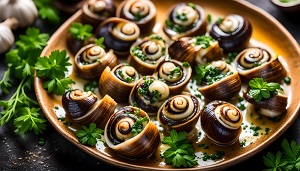
Escargot refers to land snails that are commonly prepared and served as a delicacy in French cuisine. The snails are typically cooked in garlic butter, with parsley, shallots, and sometimes wine, creating a rich, savory flavor. Escargot is often served in its shell, though it can also be served without. The texture of the snails is tender, and the garlic butter adds a delicious depth of flavor. People love escargot for its unique taste and luxurious feel, often enjoyed as an appetizer or special dish at gourmet restaurants. It is considered a high-end delicacy and is perfect for adventurous eaters looking to try something new in the world of fine dining.
81. Escarole
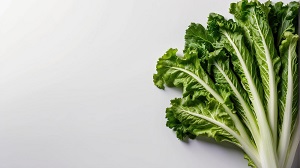
82. Escarole beans
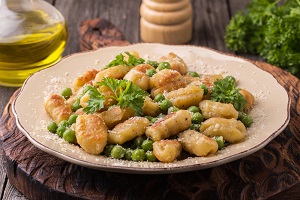
Escarole beans is a simple, hearty dish that combines escarole, a slightly bitter leafy green, with beans—typically cannellini beans or kidney beans. The escarole is typically sautéed with garlic, olive oil, and sometimes broth to soften its texture and mellow its bitterness. The beans are added to create a creamy, nutritious combination. This dish is popular in Italian cuisine and can be served as a side or a main meal, especially when paired with crusty bread. People love escarole beans for its comforting, savory flavors, and the balance of the earthy beans with the slightly bitter escarole, making it a satisfying and healthy meal option.
83. Escovitch fish

84. Espelette pepper
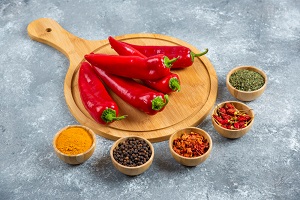
85. Espresso

86. Espresso beans
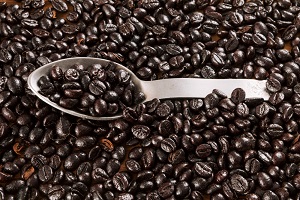
Espresso beans are coffee beans that are specifically roasted to be used in making espresso, a concentrated coffee brewed by forcing hot water through finely-ground coffee. These beans are typically dark roasted, which brings out rich, bold flavors with hints of chocolate, caramel, and a slight bitterness. The roasting process for espresso beans is designed to bring out the strong, robust taste needed for espresso drinks like lattes, cappuccinos, and Americanos. People love espresso beans for their ability to create a strong, intense coffee flavor that energizes and satisfies. Whether used in a coffee machine or a manual espresso maker, espresso beans provide the perfect base for a caffeine-packed coffee experience.
87. Espresso martini

88. Esterhazy torte

89. Ethiopian coffee

90. Ethiopian injera
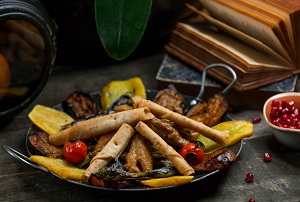
91. Eton mess (dessert)

92. European bass

93. Evaporated milk
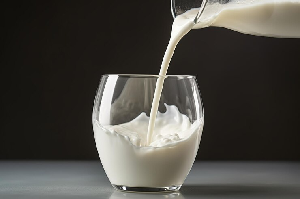
94. Evergreen huckleberry
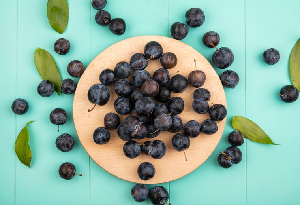
95. Evolotti pasta

96. Excelsior (wine)

97. Exotic fruits
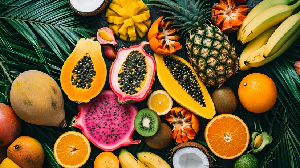
98. Extra virgin olive oil
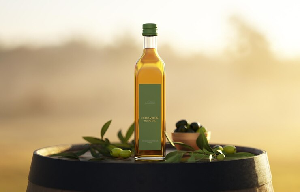
99. Ezekiel bread
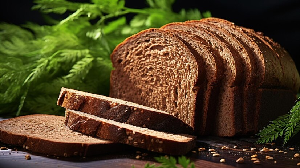
100. Ezekiel cereal
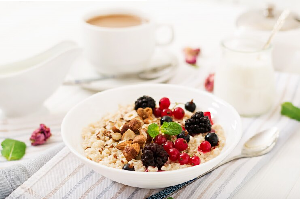

Jean Smith is a fitness enthusiast and blogger who focuses on fitness and a healthy lifestyle. She is passionate about assisting people in living healthier lifestyles and is constantly on the lookout for new and creative methods to stay fit and healthy. Her articles are excellent resources for anyone interested in improving their health and fitness.
